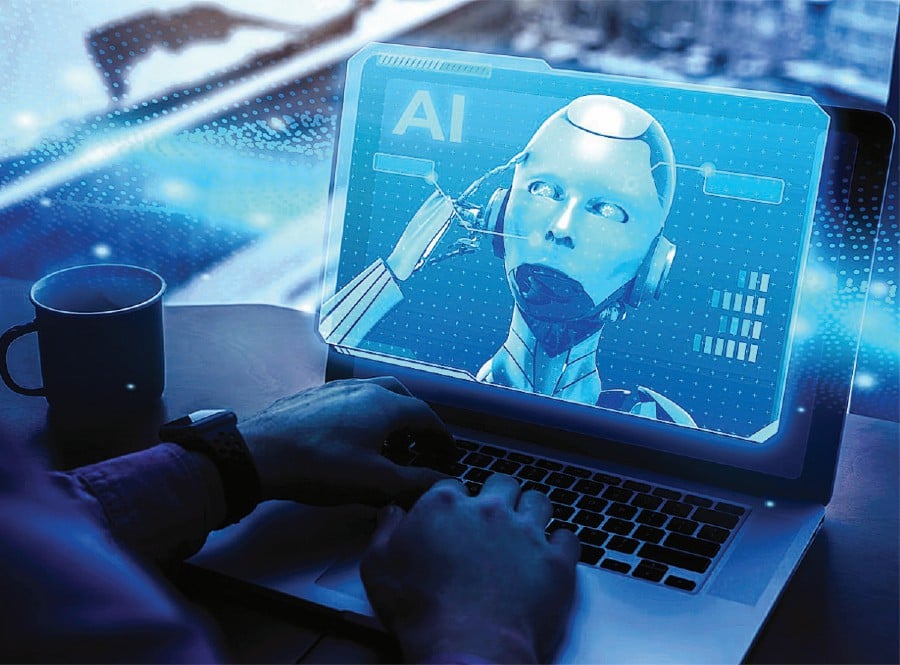It is the inevitable: hospitals are trying out Artificial Intelligence (AI) to handle triage, traditionally managed by junior doctors to sort out patients needing emergency treatment.
A predictive AI model has been developed in Singapore, which touts itself as being at the forefront of medical technology. We think Malaysia, with its knack as early technology adopters, will soon keep pace.
At its most simplistic term, AI is pervasive in our daily, mundane and regimented lives. The world is immersed in commercial AI: our private data computes powerful algorithms in executing e-commerce, e-banking, e-hailing, facial recognition, security clearance, traffic navigation and social media personalisation.
We have embraced AI in handling tactile human tasks: machine and device assembly, driverless cars, automated public transport and home appliances. We capitulated to the AI known as Deep Blue, which handily defeated world chess champion Garry Kasparov in 1997.
AI is overrunning the written, spoken and visual word: prose, reports, information, jingles and even news, replacing human authors, novelists, actors, screenwriters, news anchors, journalists and editors.
And soon, the advent of super AI: prototypes of human and animal-like robots, but a thousand per cent more empowered in fluidity, mobility, reaction and strength.
Granted, super AI is still a work-in-progress, but its objective is Orwellian: subverting human intelligence, thinking and task.
Remember this: AI is just as dumb as the next desktop until it gorges yottabytes of data fed by over-eager scientists, relentlessly taught a trillion times a second to learn, think, analyse and decide. In that sense, humans still control its trajectory.
For now, at least. The benefits are astounding: reducible human error and risks, especially in hazardous situations, 24/7 repetitive digital assistance, impetus in new inventions and innovations, and reaching even-handed decisions, perhaps in legal rulings or competitive sports.
However, AI is riddled with detriments: it makes humans lazy (robots do all the menial work), unethical (students filing computer-generated homework and assignments) and emotionless (make highly efficient but inhumane decisions).
It incurs stratospheric costs; machines can simulate but never paint like Pablo Picasso, write like Ernest Hemingway or compose like Ludwig van Beethoven; causes massive labour redundancy; and produces "believable" disinformation and deep fakes.
AI was used in missile guidance systems in Gaza, murdering Palestinians without a hint of emotion. It won't stop there: robots will soon annihilate combatants.
It's the dawn of the Terminator, where life doesn't just imitate art, it bludgeons it to near extinction in pursuit of dystopian technological superiority and depraved profits.
Depending on how you view it, AI rocked the Internet boom, which was meant to "free" us from ignorance, loneliness and disempowerment.
It has now morphed into something insidious: child-entrapment social media, vicious sociopolitical schisms and, at its current acceleration, perverting civilisation as we know it.





